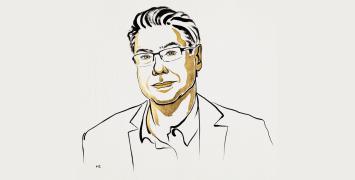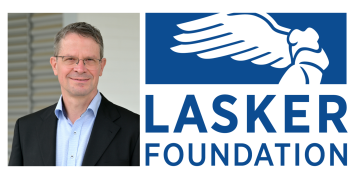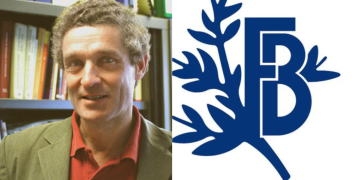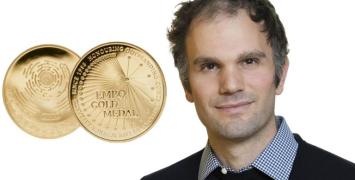The Kavli Prize honors scientists for breakthroughs in astrophysics, nanoscience and neuroscience – transforming our understanding of the big, the small and the complex. It takes place biennially and award winners share $1 million per category.
ERC grantees Kavli laureates
Sara Seager - Kavli Prize in Astrophysics, 2024
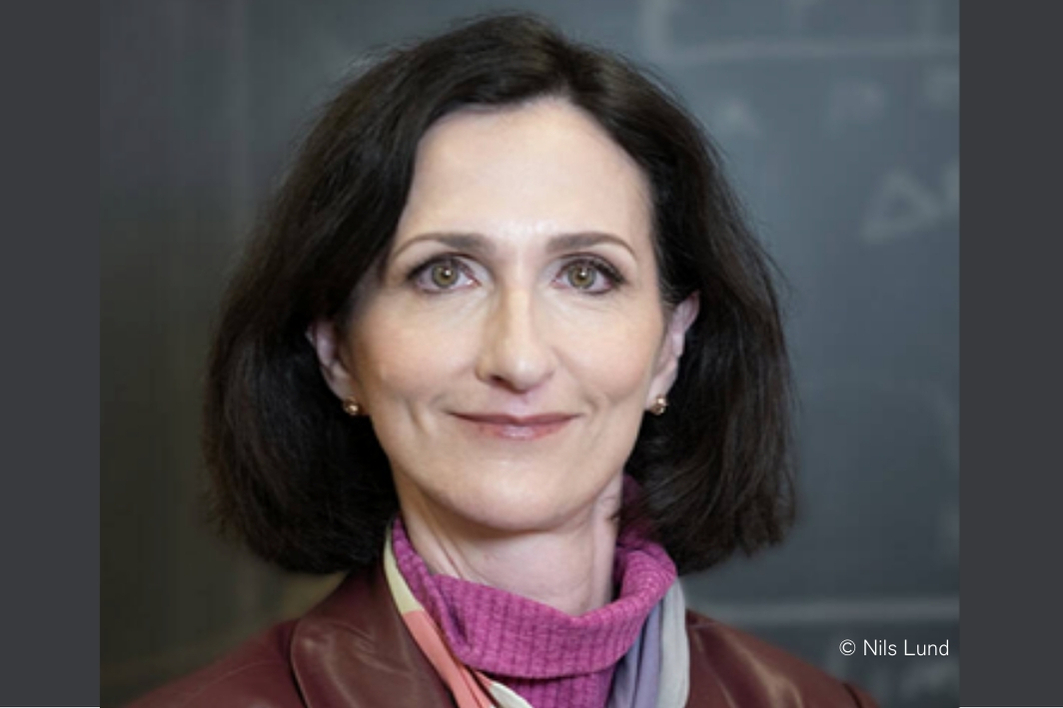
She won the Kavli Prize in Astrophysics for her ground-breaking work on the discovery and characterization of extra-solar planets and their atmospheres.
- Read bio Sara Seager
Sara Seager OC, born 21 July 1971, is a Canadian–American astronomer and planetary scientist. She is a professor at the Massachusetts Institute of Technology and is known for her work on extrasolar planets and their atmospheres. She is the author of two textbooks on these topics, and has been recognized for her research by Popular Science, Discover Magazine, Nature, and TIME Magazine. Seager was awarded a MacArthur Fellowship in 2013 citing her theoretical work on detecting chemical signatures on exoplanet atmospheres and developing low-cost space observatories to observe planetary transits.Seager earned her BSc in math and physics from the University of Toronto and her PhD in astronomy from Harvard University in 1999. She then held a postdoctoral research fellow position at the Institute for Advanced Study between 1999 and 2002 and was a senior research staff member at the Carnegie Institution of Washington until 2006. She joined the Massachusetts Institute of Technology in January 2007 as an associate professor in both physics and planetary science, was granted tenure in July 2007, and was elevated to full professor in July 2010. She currently holds the "Class of 1941" chair. She was elected a member of the US National Academy of Sciences in 2015 and a Legacy Fellow of the American Astronomical Society in 2020. In 2020, she was appointed as an Officer of the Order of Canada. She won the 2020 Los Angeles Times Book Prize for Science and Technology for her memoir, The Smallest Lights in the Universe.
Conny Aerts and Jørgen Christensen-Dalsgaard - Kavli Prize in Astrophysics, 2022
They won the Kavli Prize in Astrophysics for their pioneering work and leadership in the development of helioseismology and asteroseismology.
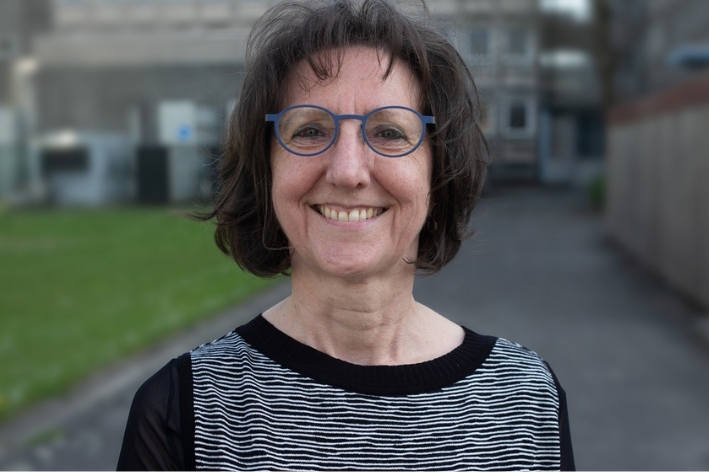
- Read bio Conny Clara Aerts
Conny Clara Aerts, born 26 January 1966, is a Belgian (Flemish) professor in astrophysics. Aerts studied mathematics at Antwerp University and completed her PhD in astrophysics in 1993 at KU Leuven. She was independent Postdoctoral Fellow of the Research Foundation Flanders (FWO) from 1993 to 2001, spending research time at various institutes worldwide, while also acting as advocate for equal opportunities for women in science. She was appointed lecturer at KU Leuven in 2001 and completed the promotion path to full professor by 2007. Conny Aerts was awarded two Advanced Grants and a Synergy Grant by the European Research Council. She became the first woman to be awarded the Belgian Francqui Prize (2012) and the FWO Excellence Prize (2020) in the category of Science & Technology. In 2022, she became the third woman to be awarded the Kavli Prize in Astrophysics for her pioneering work and leadership in asteroseismology.
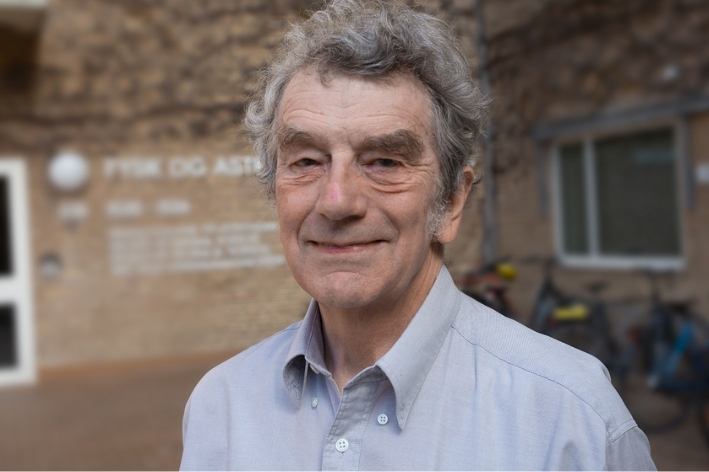
- Read bio Jørgen Christensen-Dalsgaard
Jørgen Christensen-Dalsgaard, born 6 October 1950, is a Danish astronomer at Aarhus University in Denmark, specialised in asteroseismology and helioseismology. Christensen-Dalsgaard obtained his PhD from the University of Cambridge in 1978, under the supervision of Douglas Gough. He has been the head of "Rumforskningsudvalget" (the committee of space of the Danish Ministry of Science, Technology and Innovation) and the Stellar Astrophysics Centre (SAC) supported by the Danish National Research Foundation. He is co-investigator on the Kepler mission and, with Hans Kjeldsen in Aarhus, leads the 500+ researchers in the Kepler and TESS Asteroseismic Science Consortia (KASC and TASC). He is International Member of the US National Academy of Sciences.
Andrew Fabian - Kavli Prize in Astrophysics, 2020

He won the Kavli Prize in Astrophysics for his groundbreaking research in the field of observational X-ray astronomy, covering a wide range of topics from gas flows in clusters of galaxies to supermassive black holes at the heart of galaxies.
- Read bio Andrew Christopher Fabian
Andrew Christopher Fabian, born 20 February 1948, is a British astronomer and astrophysicist. Fabian was educated at King's College London (BSc, Physics) and the Mullard Space Science Laboratory at University College London (PhD). He served as president of the Royal Astronomical Society from May 2008 through to 2010. He was a Royal Society Research Professor at the Institute of Astronomy, Cambridge from 1982 to 2013, and Vice-Master of Darwin College, Cambridge from 1997 to 2012. He was Director of the Institute of Astronomy, University of Cambridge from 2013 to 2018.
Ewine van Dishoeck - Kavli Prize in Astrophysics, 2018
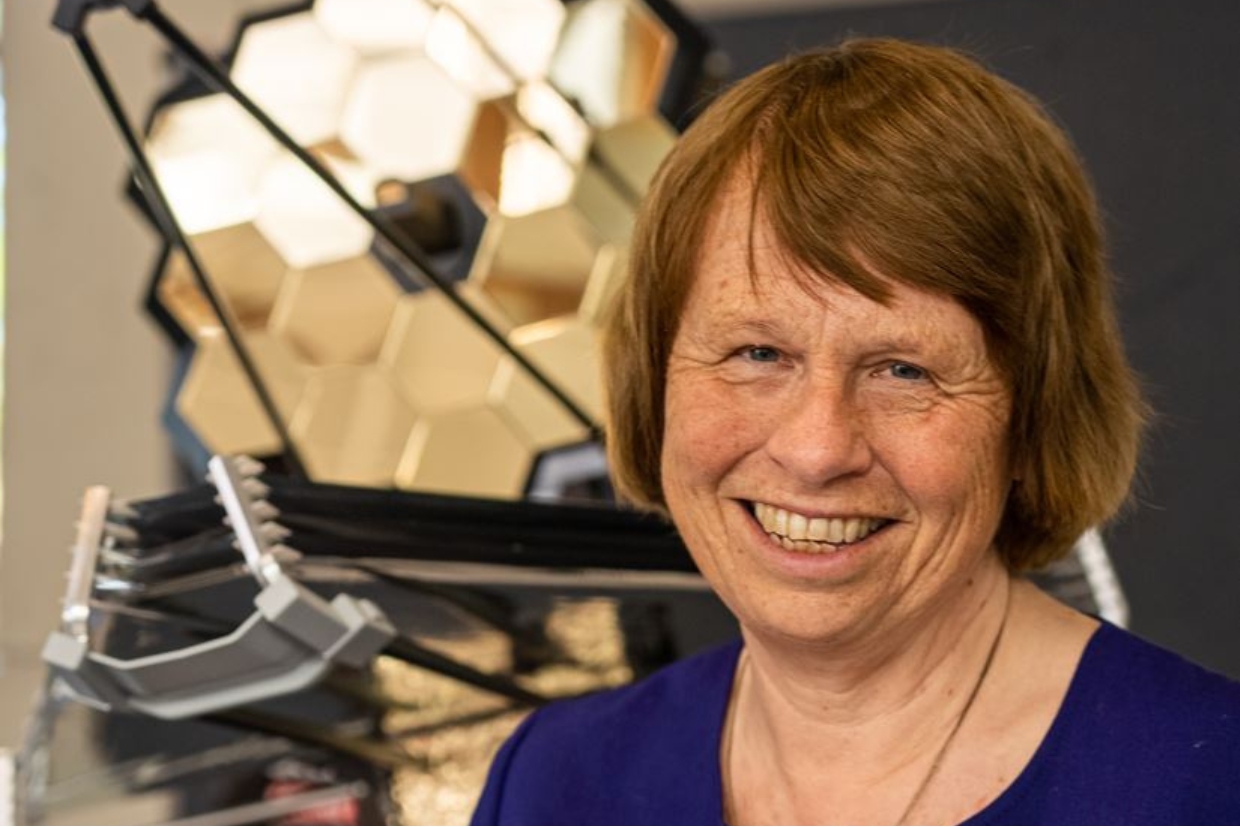
She won the Kavli Prize in Astrophysics for her work to reveal the processes within interstellar clouds that produce stars and follow the molecular trail from clouds to planets.
- Read bio Ewine Fleur van Dishoeck
Ewine Fleur van Dishoeck, born 13 June 1955, in Leiden, is a Dutch astronomer and chemist.In 1980, while studying with Dalgarno, van Dishoeck switched her major to astrochemistry and completed her PhD in Leiden in 1984 on the excitation and breaking up of molecules within interstellar gas clouds. She then moved to Cambridge, MA, to receive a position in Harvard’s Society of Fellows to continue her outstanding research on the interstellar medium. She became Professor of Molecular Astrophysics at Leiden University in 1995 and was the scientific director of the Netherlands Research School for Astronomy (NOVA) from 2007-2021. Ewine also served as the President of the International Astronomical Union (2018–2021) and a co-editor of the Annual Review of Astronomy and Astrophysics (2012–present).
The work of her group innovatively combines the world of chemistry with that of physics and astronomy.
Christine Petit - Kavli Prize in Neuroscience, 2018
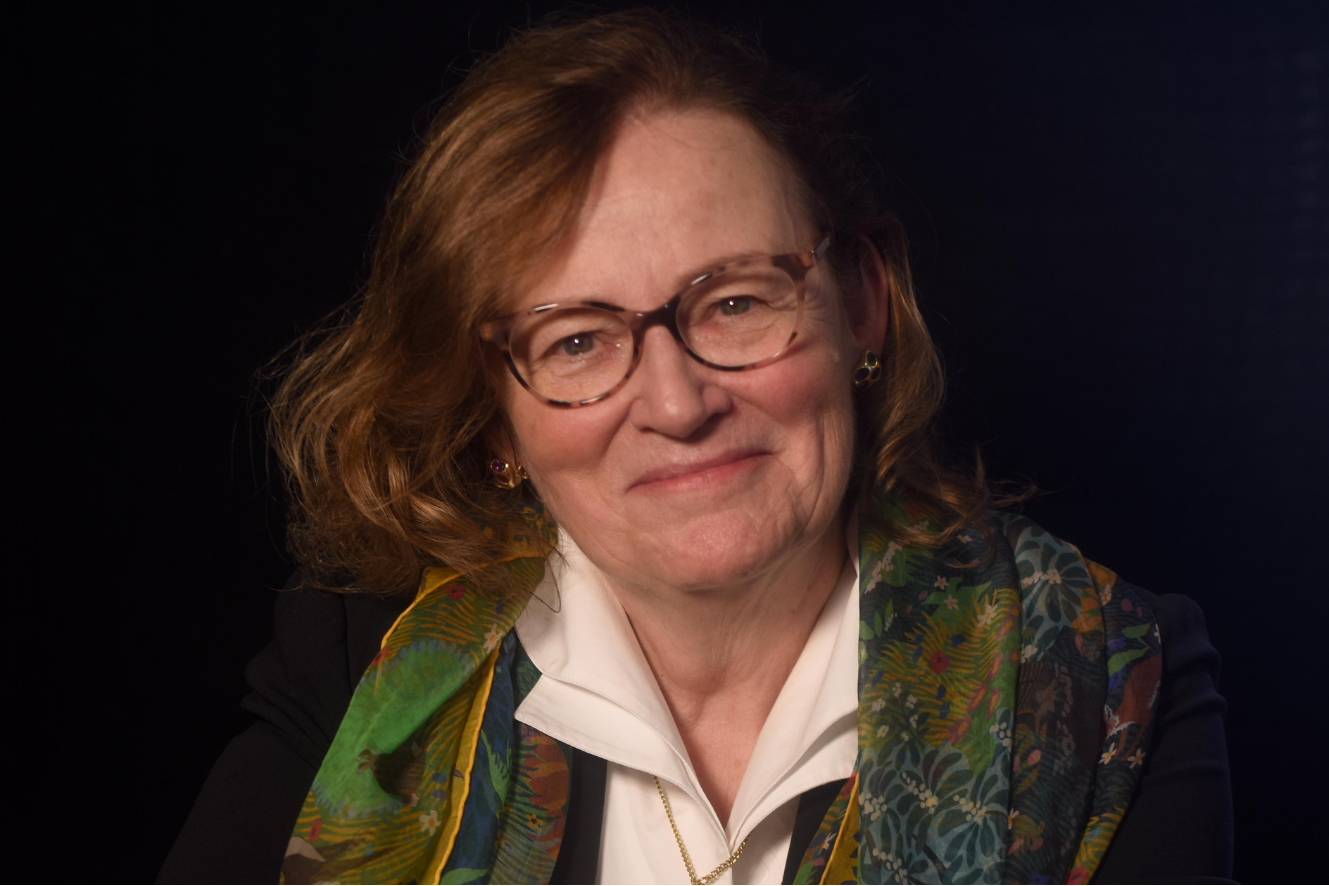
She won the Kavli Prize in Neuroscience for pioneering work on the molecular and neural mechanisms of hearing.
- Read bio Christine Petit
Christine Petit (born February 4, 1948) is a French geneticist and neuroscientist.She has an MD and PhD, having trained as a physician at Pitié-Salpétrière Hospital in Paris and in basic biology (genetics and biochemistry) at the Faculty of Sciences at Orsay (now Paris-Saclay University). She began working at Institut Pasteur in 1974, in the laboratory of François Jacob. She then completed two postdoctoral research projects, at the Centre for Molecular Research in Gif-sur-Yvette (CNRS) and the Basel Institute for Immunology. In 2002, she was elected Professor at the Collège de France, holding the Genetics and Cellular Physiology chair until 2021. She was the founding director of the Paris Hearing Institute, an Institut Pasteur center set up in 2019. She was elected a member of the French Academy of Sciences in 2002, the National Academy of Medicine (USA) in 2011 and the National Academy of Sciences (USA) in 2016.
Her work on basic auditory mechanisms, following a neurogenetic approach based on human hereditary deafness and multidisciplinary studies of the corresponding animal models has been recognized through a number of international scientific prizes.
Thomas Ebbesen - Kavli Prize in Nanoscience, 2014

He won the Kavli Prize in Nanoscience for transformative contributions to the field of nano-optics that have broken long-held beliefs about the limitations of the resolution limits of optical microscopy and imaging.
- Read bio Thomas Ebbesen
Thomas Ebbesen, born 30 January 1954 in Oslo, is a Franco-Norwegian physical chemist and professor at the University of Strasbourg in France, known for his pioneering work in nanoscience. In 1999 Ebbesen joined the Institut de Science et d'Ingénierie Supramoléculaires founded by Jean-Marie Lehn at the University of Strasbourg, which he headed from 2004 to 2012. In 2017–2018, he held the L. Bettencourt chair for Technological Innovation at the Collège de France. He is currently the director of the International Center for Frontier Research in Chemistry and the University of Strasbourg Institute for Advanced Study. He is a member of the Institut Universitaire de France, the Norwegian Academy of Science and Letters, the French Academy of Science and the Royal Flemish Academy of Belgium for Sciences and the Arts.

